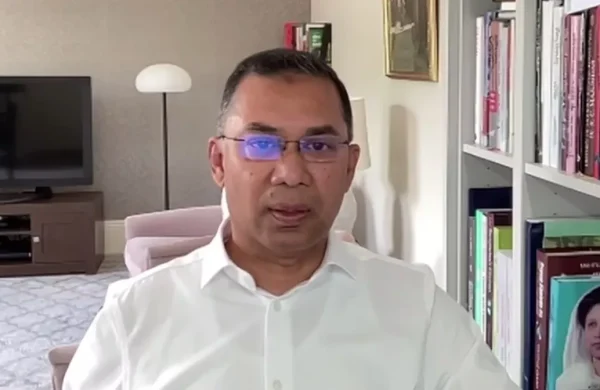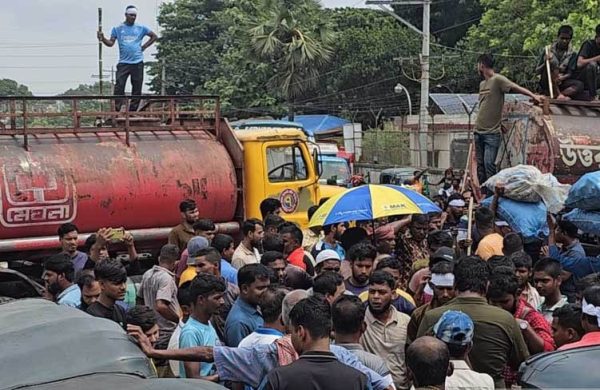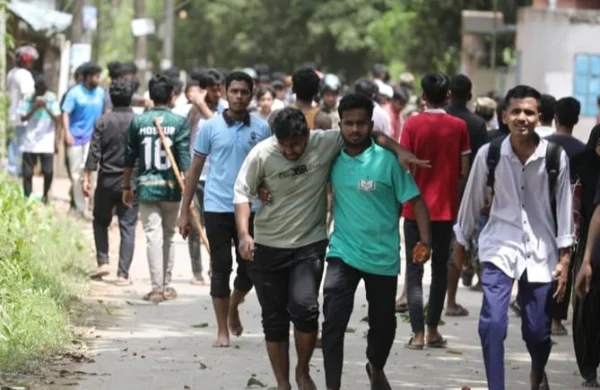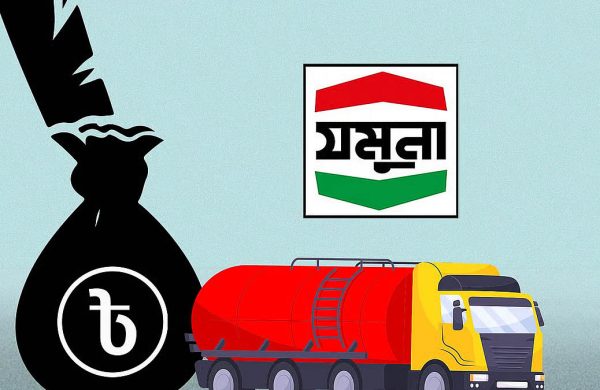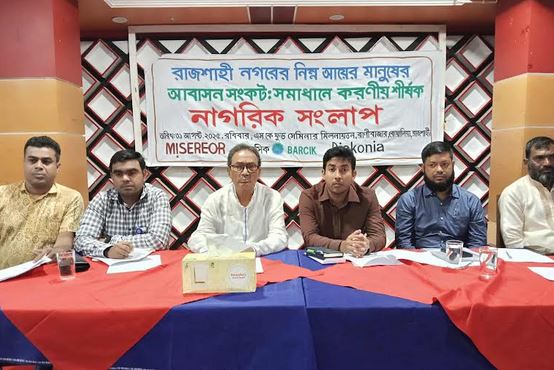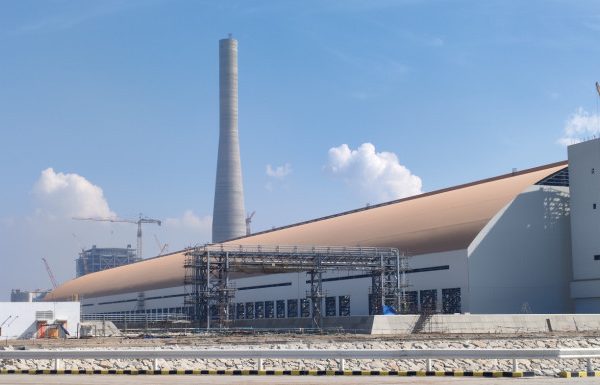Flooded Path of Bangladesh through Geopolitical Tempests
- Update Time : Saturday, August 24, 2024

–Kaniz Kakon–
Bangladesh’s annual flood crisis is more than a tragic inevitability: it serves as a stark indictment of the nation’s susceptibility to environmental disasters and the complex web of regional geopolitics that intensifies this suffering. Each year, millions of Bangladeshis face displacement, the destruction of their livelihoods, and the violation of their fundamental human rights by floods that are not solely acts of nature but are also aggravated by strategic decisions made outside their borders. A significant factor in this crisis is India’s unannounced opening of sluice gates from dams it has constructed— a move that has drastically altered water flow patterns and left Bangladesh to suffer from both devastating floods and crippling water shortages. These actions, driven by India’s self-interest, have only deepened the already strained relations between the two countries, highlighting the harsh reality that Bangladesh’s fate is often determined by the decisions of its neighbour. Despite India’s denial of responsibility, attributing the floods to heavy downstream rainfall instead, the explanation has done little to quell the anger in Bangladesh.
In this challenging scenario, the role of Bangladesh’s newly established interim government appears crucial. However, it is confronted by the very same obstacles that have hindered progress in the past. While this government may set its sights on upholding human rights and maintaining neutrality, history suggests that such aspirations are likely to encounter significant hurdles. Previous attempts to negotiate fair water-sharing agreements with India have been consistently hampered by deep-seated political rivalries and a pronounced power imbalance between the two nations. The notion that an interim government could successfully navigate and resolve these entrenched issues might be seen as overly optimistic at best and dangerously naive at worst. Without a substantial shift in the existing geopolitical landscape, Bangladesh’s prospects of securing fair and equitable treatment from India remain highly uncertain. This uncertainty raises serious concerns about the interim government’s ability to truly safeguard the nation’s citizens from the persistent crises they face.
Tackling Bangladesh’s flood crisis requires a comprehensive approach that extends far beyond mere diplomatic efforts. It necessitates a profound re-evaluation of the country’s engagement with its regional neighbours and its strategies for managing internal resources. The recent proposal to construct dams within Bangladesh as a countermeasure to India’s upstream water management practices illustrates a strategy born more out of desperation than careful planning. Although building dams might offer some benefits, such as improved water flow regulation and the potential for hydroelectric power generation, the associated risks are both substantial and potentially disastrous. The environmental consequences, including the displacement of communities and the disruption of delicate ecosystems, could be catastrophic. Additionally, the financial strain of undertaking such massive projects could severely exacerbate the country’s economic challenges. Furthermore, this strategy could provoke a significant escalation in geopolitical tensions with India, potentially triggering a retaliatory cycle that could leave Bangladesh in a far worse position than it was initially.
If direct negotiations with India continue to stall, Bangladesh must explore alternative strategies to assert its rights and safeguard its citizens. Pursuing legal action through international courts, such as the International Court of Justice, could potentially introduce a level of accountability. However, this approach is fraught with uncertainties and is unlikely to offer immediate relief. Similarly, appealing to international organisations like the United Nations may elevate global awareness of the issue, yet it remains uncertain whether such efforts would translate into tangible change or merely result in more diplomatic rhetoric. Public diplomacy and media campaigns might succeed in garnering international sympathy but they fall short of addressing the underlying causes of the crisis. Bangladesh’s leadership must confront the harsh reality that relying on the goodwill of the international community or appealing to India’s sense of justice is unlikely to yield the necessary outcomes. Instead, a more assertive and pragmatic approach may be required, even if it risks further exacerbating an already strained relationship.
The flood crisis in Bangladesh is not just a test of the nation’s resilience; it is a stark reminder of the failures of its leadership and the perilous position it occupies in the regional power structure. The proposal to construct dams as a countermeasure to India’s actions may provide a semblance of control, but it is laden with risks that could ultimately exacerbate the country’s problems. Meanwhile, the broader strategy of relying on international diplomacy and legal appeals seems inadequate in the face of the systemic challenges that Bangladesh faces. What is needed is not just a multifaceted approach, but a fundamentally new way of thinking about Bangladesh’s place in the region and its relationship with its neighbours. Only by confronting these issues head-on, with a clear-eyed recognition of the challenges ahead, can Bangladesh hope to transform its flood crisis from a chronic source of suffering into a catalyst for meaningful and lasting change.
_____________________________________
The writer is an Assistant Professor at IUBAT and currently on study leave pursuing a Masters at University of South Eastern Norway








